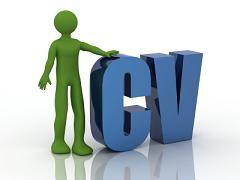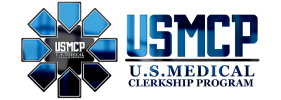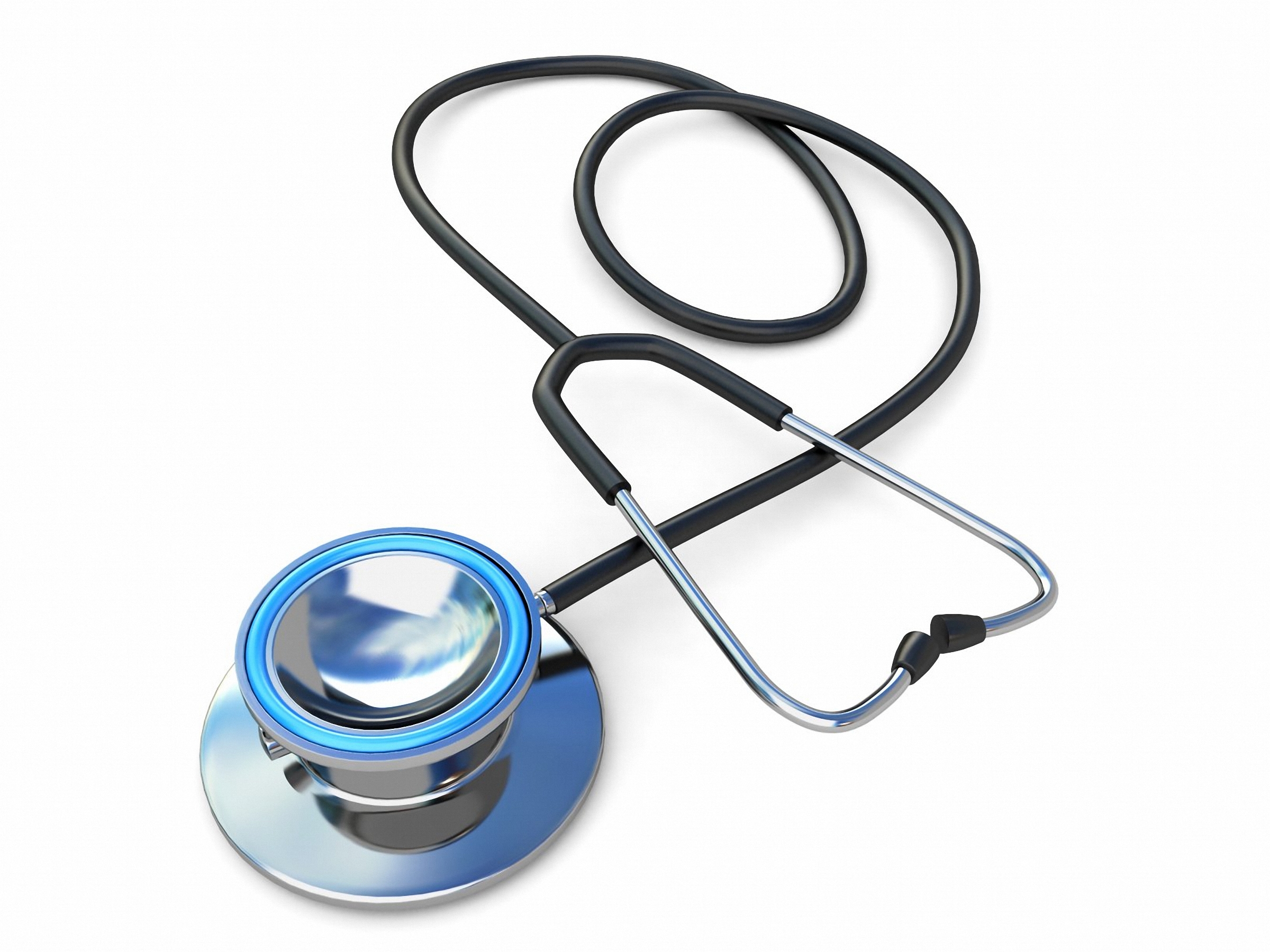
Individuals are faced with many choices when writing a C.V. The methods used to develop this document are varied, but the goal is the same — a curriculum vitae that will impress and convince the reader that you are the person they seek. I hope the advice and services offered by USMCP will help you to develop that kind of C.V.
According to research from The Ladders, job recruiters spend an average of 6 seconds reviewing a résumé before deciding whether a candidate is a good fit. Whether you're applying to a job, school, or residency, the following tips can help your résumé make a great impression and standout from the competition.
Length: One of the most common questions people ask about their résumé is how long it should be. Although expectations may vary based upon the position and applicant, most employers agree on 1 to 2 pages as a general rule of thumb. According to a 2013 Career Builder survey of more than 2000 hiring managers, 66% of employers said a résumé for new college graduates should be 1 page long, while 77% of employers said a résumé for seasoned workers should be at least 2 pages.
Format: A cluttered or poorly formatted résumé can be passed aside in the initial seconds it is being reviewed. When writing a résumé, it is important to use a font that is easy to read and does not distract the reader. There are numerous online templates to guide you in the right direction. Additionally, most employers prefer résumés written in reverse chronological order, meaning your current or most recent work or educational experience is listed first.
Honesty: Although it is important sell yourself in a résumé, exaggerating or explicitly lying can have the opposite effect. According to another Career Builder study, 58% of hiring managers stated they have caught a lie on a résumé. Half of the employers (51%) said they would automatically dismiss a candidate if they caught a lie on a résumé, while 40% said it would depend on what the candidate lied about.
Proofread: Typos and grammatical errors are one of the biggest yet easiest errors to fix in a résumé. A résumé that contains these errors can give the reader the impression that you are not careful or serious about the position. According to Career Builder’s data, 58% of employers identified résumés with typos to be the most common reason for automatically dismissing a candidate. Asking friends, family, or colleagues to proofread your résumé can help eliminate these easy-to-fix errors.
Advice: You need to make sure you know everything that's on your CV. It's surprising to me how many times I've picked up something that's on somebody's CV that it becomes very obvious within seconds that they know nothing about what they've written. It may have been a research project that they worked on in undergrad or the fact that they love basset hounds.
You never know what I'm going to ask you or what the interviewer is going to ask you but, whatever you have on your written application, you need to make sure you know the depth. Do not say you love Russian literature because you don't know if the person in front of you has a Ph.D. in Russian literature if you truly don't love Russian literature.
That's what I like to tell people that I'm mentoring as they're going into their fourth year is don't put anything on your CV that you're not very comfortable talking about extensively.
You can go through an entire interview season and people might not ask you about it but there might be somebody that asks you about something. You say you speak advanced Spanish and they start speaking Spanish to you and you really only speak beginner Spanish. That's a mistake.

Get Your CV Today
If there are any questions or concerns, please reach out to USMCP if you would like further assistance in creating a well written CV!.



